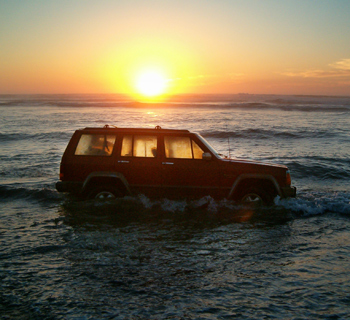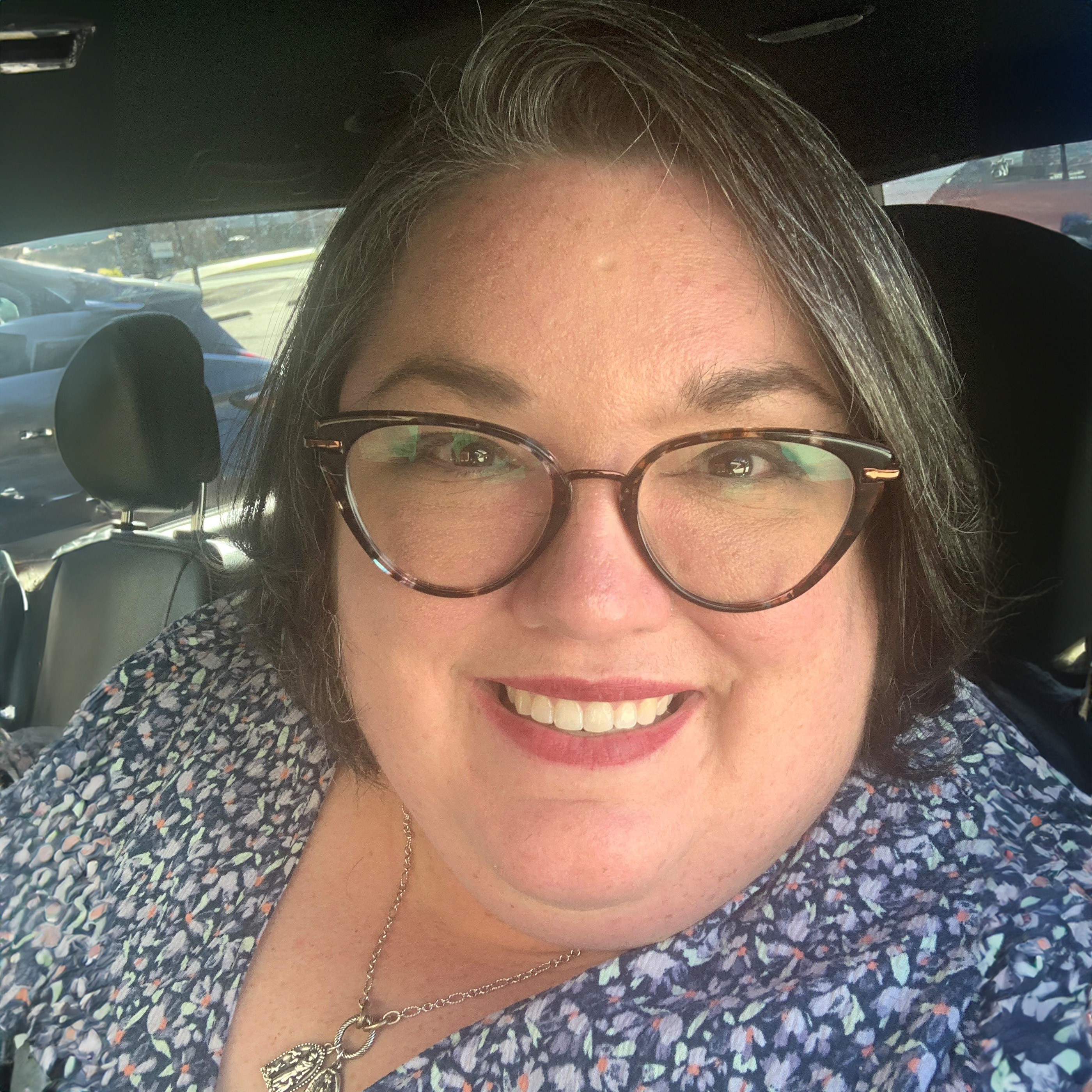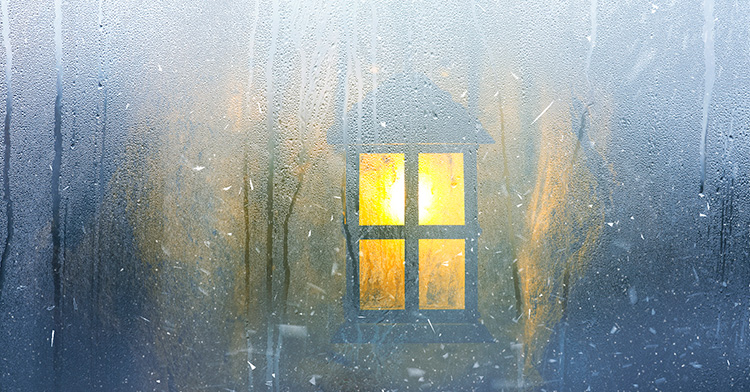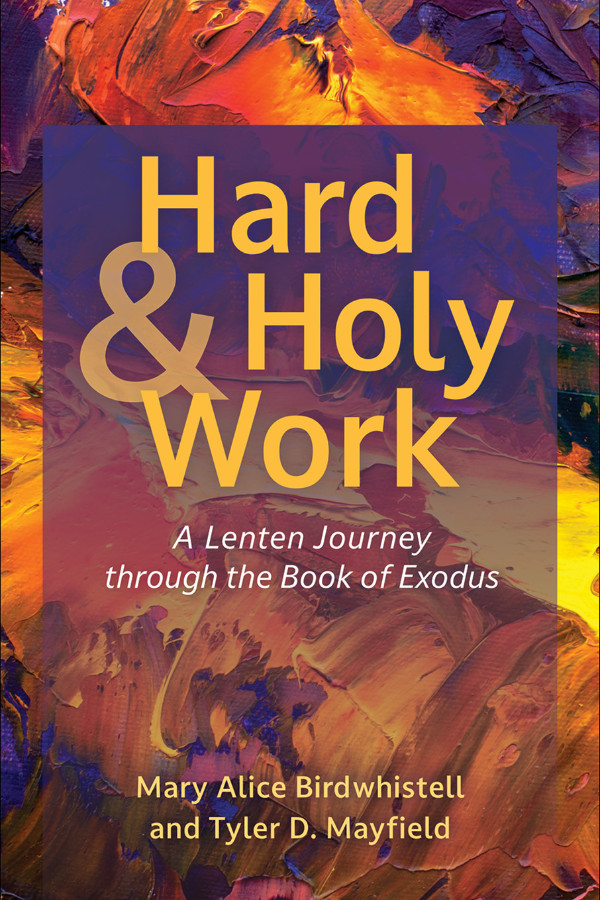Lent is that time in the liturgical year when the dutiful take on certain practices or relinquish others as a way of walking with Christ up that stony road to Golgotha. There are, no doubt, those among the faithful who celebrate the point with a bit too much zeal and in extravagant displays of observance that miss the forest of sin for the penitential trees. It is, after all, not this or that particular habit Lent intends to curb.
The season is more a confession about the orientation of our whole way of being human -- that our lives sit out of true from the cosmic dimensions of God’s glory revealed in the angles of the cross. Lent reminds us that it is not a habit that must die but the idea of ourselves we cherish above the glory.
I learned this by sinking a car in the Pacific Ocean.
My ’93 red Jeep Cherokee, to be precise. My baby. More than a means of transport, it was a vehicle of identity, suggesting, with its dings and scratches and straight-six 4.0-liter engine, a rugged, off-road appeal and tough reliability. It symbolized the sum total of how I wanted to see myself and hoped others did: outdoorsy, undomesticated, self-sufficient, free, limitless. So thinks a man-boy at the wise age of 20.
The details are long and juvenile. I took a surfing trip with four friends from West Palm Beach, Fla., to the Baja peninsula of Mexico, a geographical span equivalent to the moral distance between “ill-advised” and “incredibly stupid.” Only two of us spoke decent Spanish, maybe another two were beyond novice status as surfers, and none of us had spent much time in Mexico, much less a remote region of Baja. We weren’t in over our heads; we didn’t take them with us.
Roughly 3,000 miles divide West Palm Beach from San Diego, our point of entry into Baja. We drove. The sun took a lap through the sky, passed the baton to the moon and went for another leg. Still, we drove. America’s West fuzzed like a hologram against the road. Even then, false bravado spurred us on.
Stupidity, combined with a false sense of adventure, led us from San Diego into Baja, past Tijuana and Ensenada, and into that vast expanse of dirt and rock that stretches to the resorts of Cabo. Our destination lay halfway down the peninsula’s Pacific coast at a remote surf spot about 15 miles from a village, which consisted of a general store, a cantina, a few shanties and a solitary pay phone.
An unmarked dirt road led out of the village and ended on a mountain cliff facing the westerly ocean, with long descents to the south and north, offering a vantage from which to eye the sets of waves pitching in bent rows around the point. Access to the beach required descent down a craggy trail carved out of the mountainside.
We descended. Too many viewings of the surf documentary “Endless Summer” had convinced us we could drive down the beach without care, casting sea foam in our wake as we skirted the water’s edge. The joy of abandon often precedes ruin.
We had come for the surfing, but we forgot a key maritime fact: Pacific waves are bigger than those of our native pond, the Atlantic. When the five-foot shore break washed over the Jeep’s hood, equal doses of shock and recognition stunned our driver (my roommate at the time). He froze, taking his foot off the gas, a moment of hesitation upon which inertia would seize, dragging us into the belly of the sea. The Jeep sank to its axles.
Recall the suctioning sensation that occurs when you place your foot at the shoreline, allowing water to wash over and over it until it disappears into the sand. Now replace your foot with a large 4x4 SUV.
Hours passed. No amount of prodding or prayer mattered. The inevitability of our situation rose with the tide. With each wave the sea digested the Jeep more and more, eventually swallowing it altogether.
On a distant beach, in another country, miles from anywhere identifiable on a map, I watched the rugged, adventurous, self-sufficient idea of myself drift with that Jeep into the Pacific. Cause of death: drowning.
There was a long trek to the pay phone and a night spent in a canyon eating peanut butter and instant cocoa packets. Marooned as we were, I had a few hours to think. How clear the facts were, and how little they mattered.
That was the point, perhaps. Tired, hungry, not quite warm from our pitiful driftwood fire, bits of T.S. Eliot’s “Four Quartets” came to me. “Do not let me hear / Of the wisdom of old men, but rather of their folly, / Their fear of fear and frenzy, their fear of possession / Of belonging to another, or to others, or to God.” We were neither wise nor old, but we shared in that folly.
The love of freedom that had driven us across the continent was really a mask for our fear of belonging -- of being tied down, of being obligated to others, of having to belong or be beholden to someone or something other than our own freedom. After all, we had chosen Baja, not out of any special affinity for the place, but for the glory of traveling to such an unlikely destination. Where was the glory now?
In the morning, we scrambled back to the village, made a call on the pay phone and huddled in the cantina, eating fish tacos and washing them down with bottles of Tecate. We waited like disciples on Holy Saturday, nursing the wounds of our egos.
Before dusk, a white Ford Explorer pulled into the village, the only vehicle we’d seen pass through that day. It was our friend Timmy, our ride out of Mexico.
We left the village with little delay, thanking Ilsa, who had let us eat and drink in her cantina. We left repentant to the land and to God and to ourselves.
As we made our way out of Baja, winding north on Federal Highway 1, we chanced upon traces of others who had gone before us and had not returned. Every so often we would make out rusting vehicles scattered on the mountainsides, shimmering in the sun like unpolished diamonds.
Together, they were the signposts of our foolishness, reminding us, as we fled the land of our trespass, that we had blazed no trail of glory but followed in a long tradition of self-deception. My Jeep joined them in the cemetery where fools are laid to rest.
They mark the place where our sense of unbridled freedom betrayed us, or rather, the place where we were given back what we learned was never ours to determine in any case -- our human sense of limitation.








